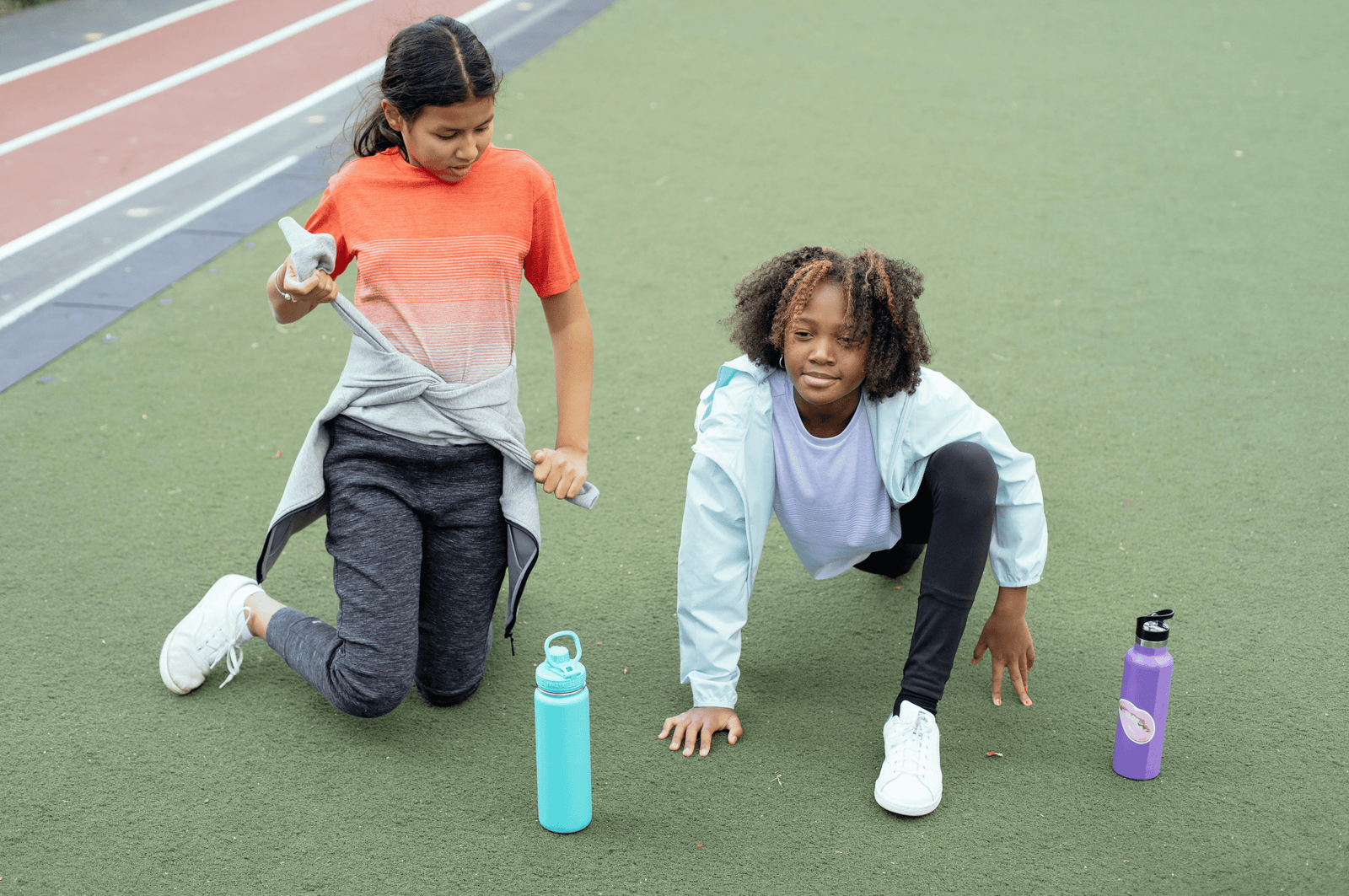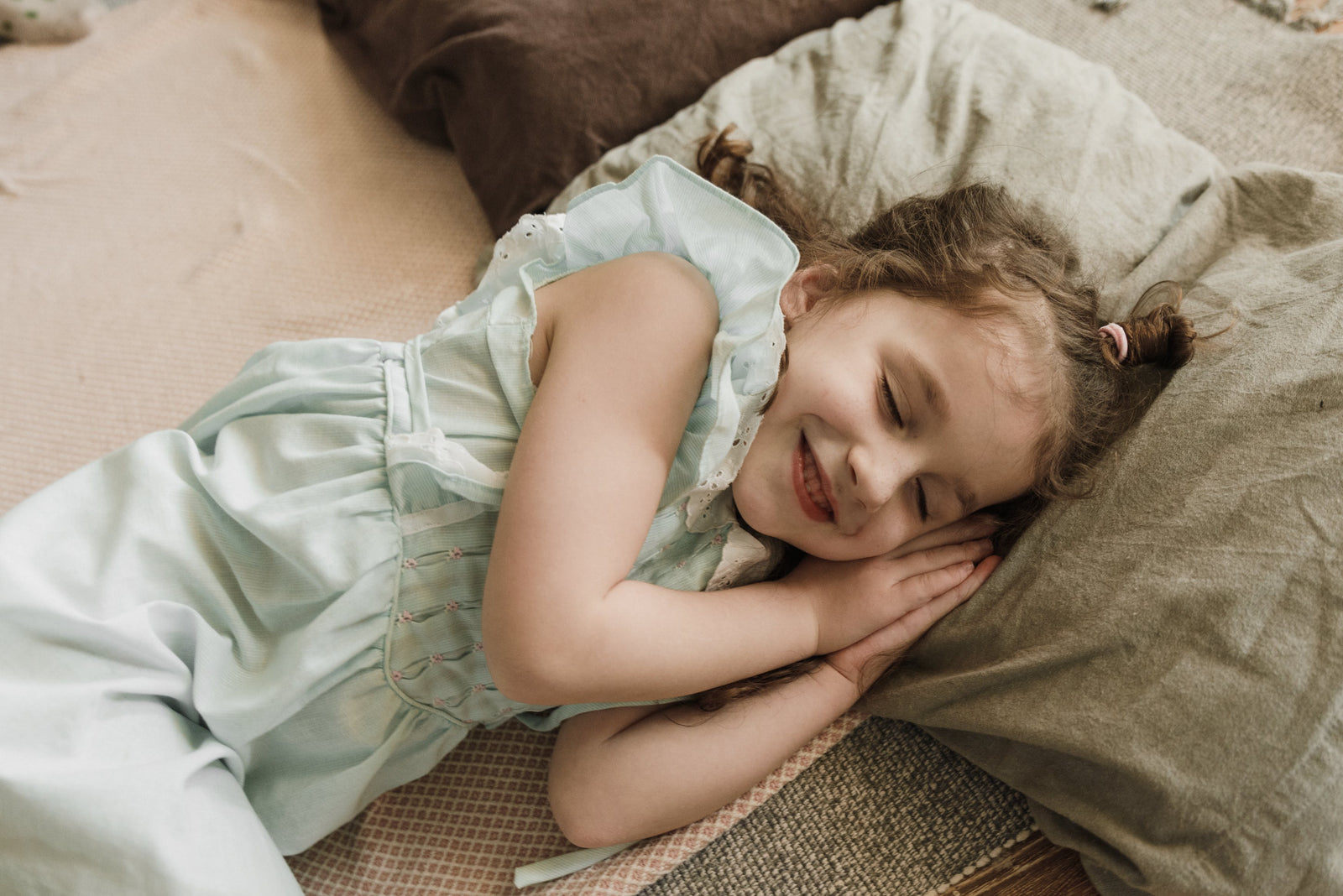
Hello, Adventurers! Dr. B here again, ready to answer all of your burning questions. Speaking of feeling the burn, today we’re talking about sore muscles. We’re told, “No pain, no gain,” but do you ever wonder what causes the tenderness in your triceps, the fatigue in your forearms, or the cramp in your calves after a day of hard exercise? Fortunately, I have atendon-cy to know these things! Read on to learn why some of your most helpful body parts can make you feel so miserable
Do you have a question for Dr. B? Make sure to ask your questions below!
Q: Why am I sore the day after hard exercise?
A: Hey, congrats on getting active! Dr. B keeps trying to work out, but my routine is still pretty bare bones... What you’re experiencing after a hard day of exercise is calledDelayed Onset Muscle Soreness (DOMS, for short). It can be confusing because you might not feel sore at all during strenuous activity, but the next day is a completely different story (a painful one at that!)—so what gives?
It used to be thought that a buildup oflactic acid was the cause of DOMS, butrecent studies have found that that’s not the case. While scientists still don’t know all of the reasons for our post-workout pain, it’s thought that certain exercises make tiny tears (“micro-tears”) in your muscles. They are so small that they don’t hurt while you’re getting them—in fact, it’s not until your body begins to repair itself (usually several hours later) that you start to feel uncomfortable. Your immune system responds by sending special cells to the site of the damage, causing inflammation(for more on immune response, see Adventure 6. This irritates nerves callednociceptors(no-see-SEPT-ers), which are responsible for causing pain, and—boom!—suddenly you’re wondering if you’ll even make it off the couch again. The good news is, DOMS doesn’t last forever. After a day of rest, your muscles will be ready to “tear it up” all over again.
Q: What are growing pains?
A:Thanks for your question! Despite the name, “growing pains” don’t actually have anything to do with growing. Confusing, right? Especially at the end of the day, your legs might hurt, but it’s often nothing to worry about.
Weused to think that it had to do with bones growing faster than tendons (that’s where the name “growing pains” came from), but now we know it’s just your muscles getting tired at the end of a long day. Some kids arehypermobile(hi-per-MOW-bull)—that means really flexible—and might feel achy more often. Adults even get aches similar to growing pains at times—but we usually attribute them to other, common conditions in adults, like DOMS. Be sure to tell your parents whenever you’re feeling pain, but rest assured, the most likely cause is that you’re a healthy, active kid! Play on, Adventurer!
You’re already on the right track by letting someone know you are having trouble and trying to improve your skills. Be sure to let your teachers and parents know, too. They can help you implement some of these strategies and suggest their own—you can even share with them some of the additional resources below. Remember that building your attention skill won't all happen at once; it'll get better over time, so stick with it!
Additional Resources:
https://pubmed.ncbi.nlm.nih.gov/27409551/
Remember to ask me - Dr. B - your psychology & neuroscience questions for more on this!









Leave a comment (all fields required)